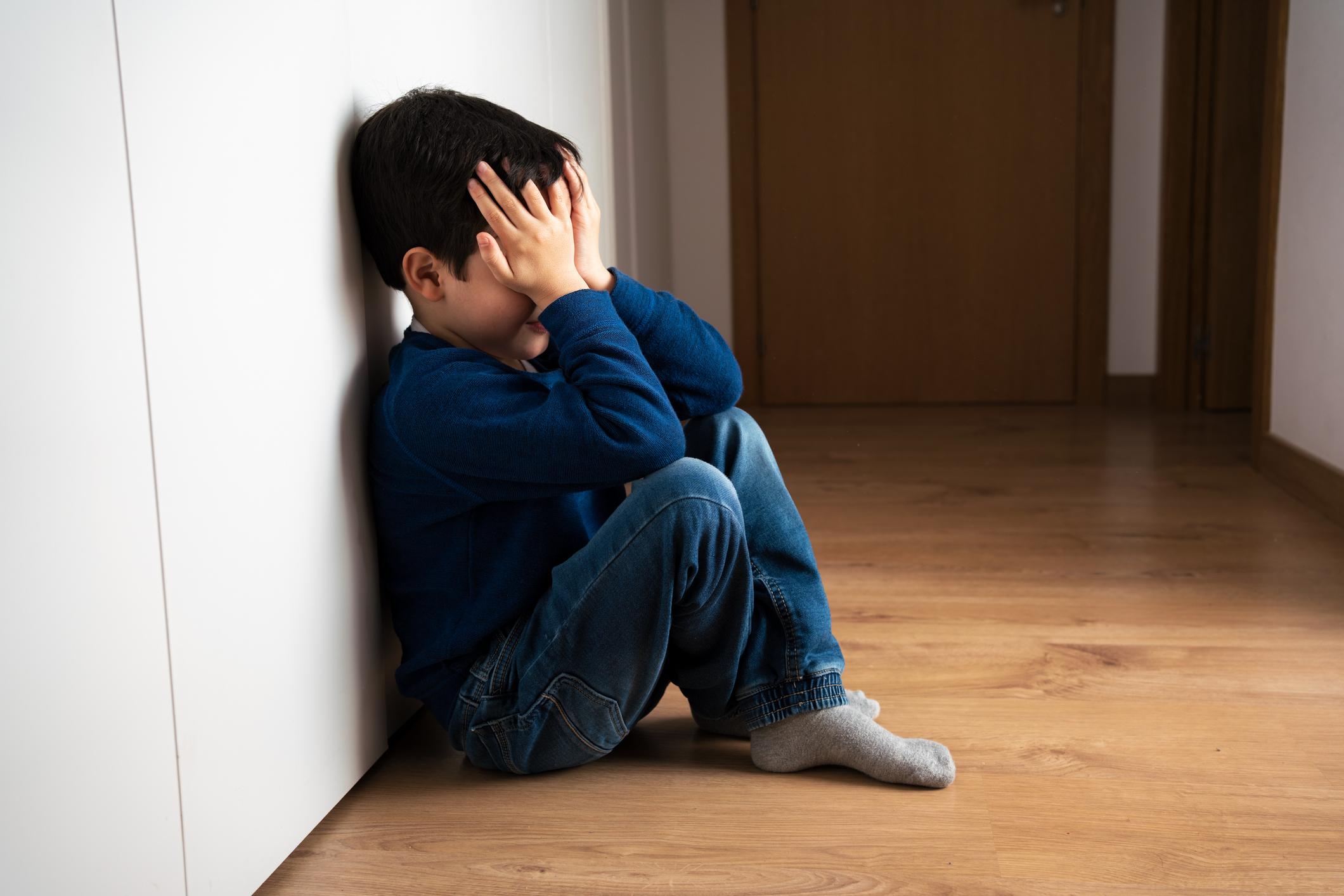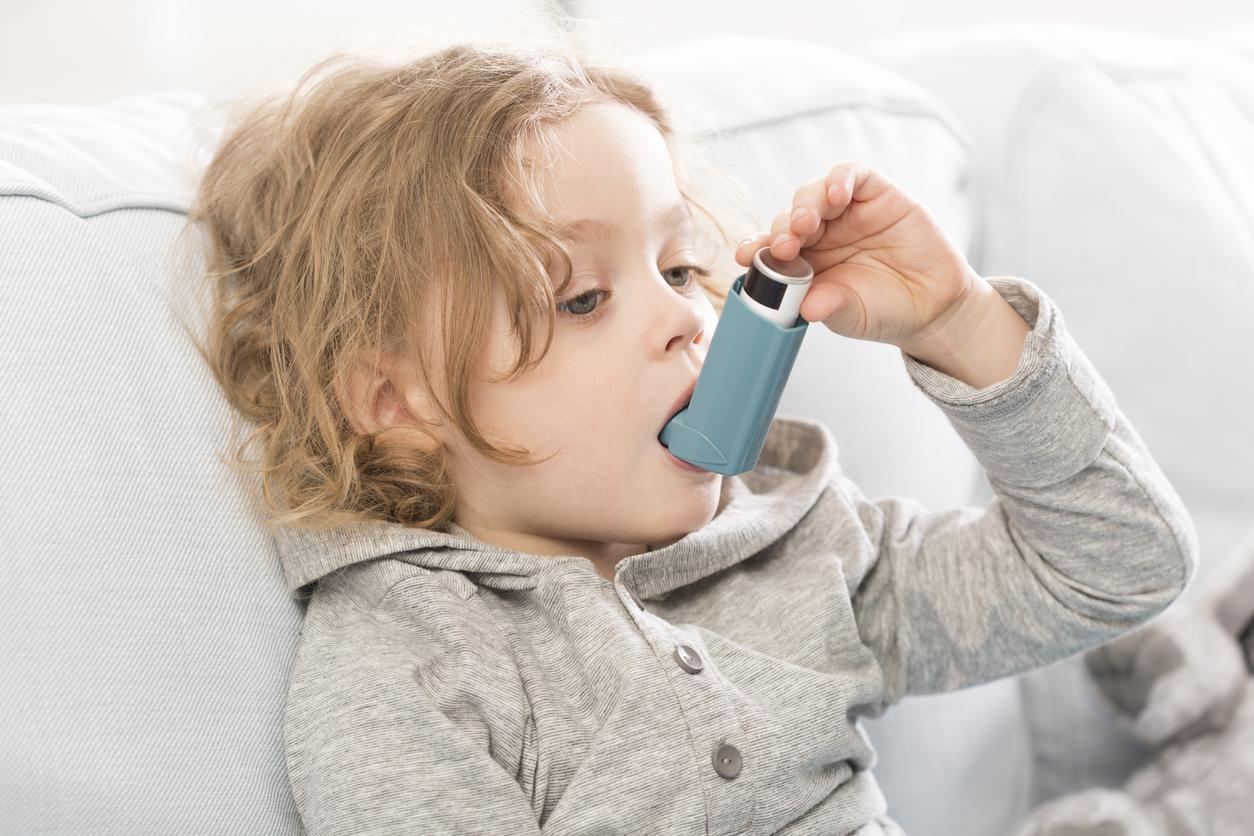Every year, and especially in the summer, many children still die by drowning. These accidents are dramatic and preventable. This is why the WHO calls for vigilance.

- Each year, 236,000 people die from drowning worldwide.
- More than 90% of drowning deaths occur in low- and middle-income countries.
Every year, hundreds of thousands of people around the world drown, says Tedros Adhanom Ghebreyesus, Director General of the World Health Organization (WHO), in a press release published on July 25. Most of these deaths can be prevented with evidence-based, low-cost solutions”.
Six recommendations
Prevention is the objective of the press release from the health authority. To do this, the body makes six recommendations: install barriers controlling access to water, train people in rescue and resuscitation in complete safety, teach school-age children basic skills in swimming and water safety, providing supervised child care, establishing and enforcing boating and ferry safety regulations, and improving flood risk management.
Children and over 65s
In France, during the summer of 2021, 1,480 accidental drownings were recorded, according to the Ministry of Health. Two categories of the population seem more at risk in the face of this type of accident. “These accidental drownings concern all places and all ages. In 2021, they were more numerous among the young and the oldest with 22% of accidental drownings among children under 6 years old and 26% among people aged 65 and over, can we read on the ministry’s website. The proportion of drownings followed by death was higher among those over 65: 41% compared to 6% among children under 6.”.
47% of drownings at sea
To protect the youngest, the Ministry of Health recommends that parents teach children to swim as soon as possible, to always watch them when they are in the water or near a water point. Note that in 2021, “47% of accidental drownings took place at sea, 26% in swimming pools of all types, 23% in waterways or bodies of water and 4% in other places (for example baths or pools)”.
Securing your swimming pool
To prevent accidents at home, since 2006 all private swimming pools must be secured, according to Article L128-2 of the Construction and Housing Code. For this, individuals have three options to choose from: an alarm via a box that rings in the event of abnormal movement in the water, barriers around the pool or a rolling shutter that covers it. Nevertheless, even with these devices, monitoring remains the best prevention.
















